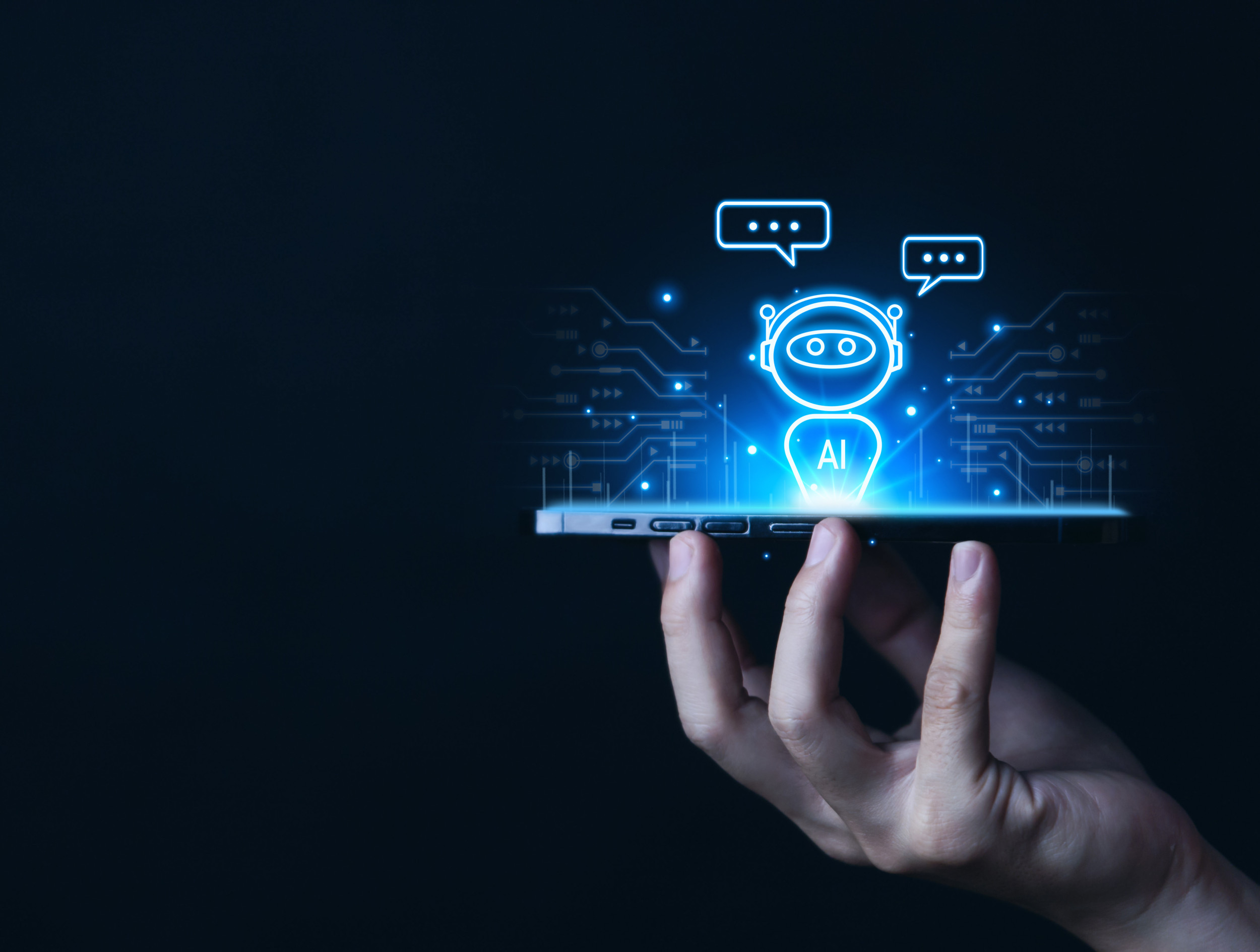
In the continuously evolving landscape of technological innovation, the intersection of artificial intelligence (AI), quantum computing, and cybersecurity poses unique challenges and threats to business continuity and societal stability. The exponential progress in these areas has significantly amplified their impact on the everyday lives of individuals worldwide. A significant part of this technological convergence is the transition to Post-Quantum Cryptography (PQC), an area that is still in its nascent stages despite aggressive research and development efforts.
I recently had a conversation with one of the experts in post-quantum cryptography, Prof. Delaram Kahrobaei, which gave rise to important questions on how to safely leverage PQC in critical applications. According to Kahrobaei, standardization is instrumental in shaping the future of PQC and recent cybersecurity incidents underscore the urgency for continued cryptanalysis and diversification in potential post-quantum hard problems.
Kahrobaeri highlighted some recent evidence of our collective unpreparedness for the post-quantum era, when researchers from the KTH Royal Institute of Technology, Stockholm, managed to crack NIST-recommended post-quantum encryption algorithms using adversarial AI algorithms in February 2023. This follows breakthroughs in July 2022 and then in March 2023, when researchers from Meta AI, the University of Chicago, University of Birmingham, and others successfully engaged in machine learning algorithm-based attacks on NIST-recommended encryption candidates. These breakthroughs have heightened concerns over the security and reliability of PQC in its current state.
Adversarial Recursive Artificial Intelligence represents a potential leap in machine learning technology, but it also comes with its set of challenges. It refers to a form of AI that iteratively learns and improves its capabilities to defeat security systems or other AIs. This could include cracking cryptographic algorithms, as in the case of the Swedish team from KTH and Meta AI who managed to break post-quantum encryption algorithms. As such systems evolve, they could potentially outpace human capability to understand and counter their strategies, leading to an "arms race" in AI technology.
Our current digital infrastructure could face severe disruption in the advent of a rushed transition to post-quantum computing for our critical functions. Essential services that rely heavily on current cryptographic standards, like power grids, telecommunications networks, and satellite systems, may become vulnerable to attacks by quantum-enabled adversaries. The disruption of these critical services could cause widespread chaos, affecting everything from emergency response systems to the delivery of vital resources. This could potentially lead to massive financial losses, not to mention endangering lives, as we've become heavily reliant on these digital systems for our survival and day-to-day functioning.
Specifically, the banking and finance sectors could be hit hard by this transition. Today's banking systems are built upon complex cryptographic algorithms that protect our transactions, personal information, and other financial data. A successful quantum attack could compromise the integrity of these systems, leading to enormous economic fallout. In addition, the recent importance of the quantum-resistant blockchain that lies at the root of the bitcoin cryptocurrencies has attracted the interest of many researchers.
Equally, our transportation system, which depends on secure communication for everything from traffic management to autonomous vehicle control, could be severely disrupted. A breach in this sector could lead to catastrophic failures, compromising safety and causing significant economic damage. The implications are far-reaching, underscoring the urgent need to secure our post-quantum future.
The future of the digital world hinges upon our ability to create robust, secure, and efficient cryptographic systems that can withstand the potential threats posed by quantum computers and sophisticated AI algorithms. As such, comprehensive and rigorous research, coupled with continuous cryptanalysis, is of paramount importance. It is imperative for governments, research institutions, and industry leaders to work collaboratively to overcome these challenges, ensuring the continued protection of global digital infrastructure and individual privacy in the post-quantum era.
There are many efforts on the way by leading tech companies in this area. As an example, Google just released cryptographic keys that can allegedly resist quantum computing attacks. Yet standardization of such technologies is critical to this being a meaningful effort at creating a secure infrastructure for our future.
An open letter by AI experts in March 2023 made the case for pausing AI developments until we better understand all implications of our rapid progress. Researchers working at the intersection of cybersecurity and post quantum computing like Kahrobaei support this call from the perspective of cybersecurity. Pausing is not merely about delaying progress; it's about ensuring long-term sustainability and security in the face of rapid technological advancements.
The rapid pace of progress in quantum computing and AI can potentially outstrip our ability to comprehend and address the multifaceted risks associated with it. A proactive pause in this relentless pursuit of advancement allows us to take stock of where we are, evaluate the implications of new technologies on societal structures, and devise strategies that mitigate the associated risks. It allows us to engage in necessary dialogue across sectors — government, academia, industry, and civil society — to build consensus on ethical standards of use, regulatory frameworks, and safety precautions.
This pause is vital to ensuring that the transition to post-quantum computation does not compromise the security, privacy, and reliability that form the backbone of our digital world and that the benefits of these breakthrough technologies can be realized safely and responsibly.
As business leaders in tech, I would urge all of us in the AI-powered industries to support a thoughtful, measured approach to the relentless push for expanded artificial intelligence and quantum computing research, until we have the adequate safeguards that ensure our digital future.
Uncommon Knowledge
Newsweek is committed to challenging conventional wisdom and finding connections in the search for common ground.
Newsweek is committed to challenging conventional wisdom and finding connections in the search for common ground.





